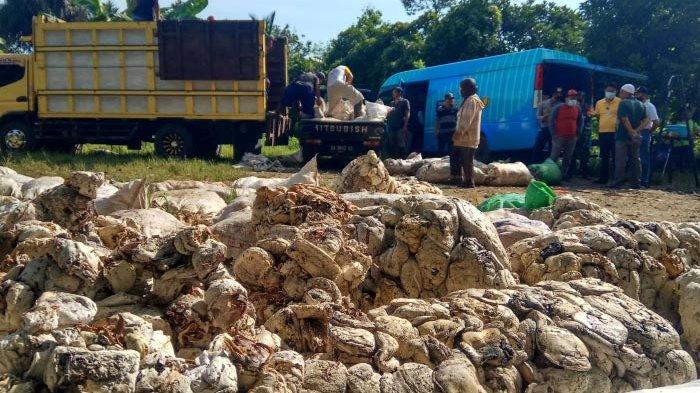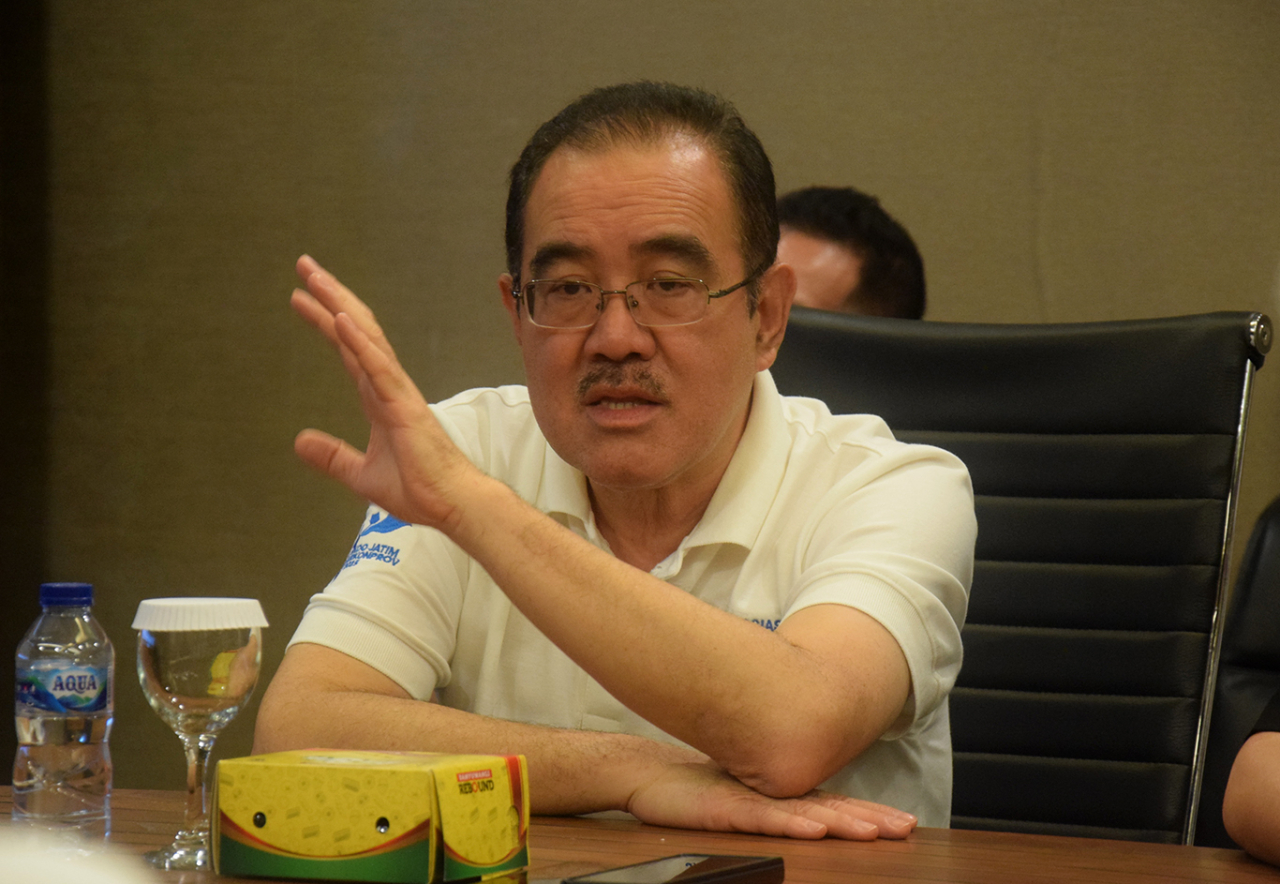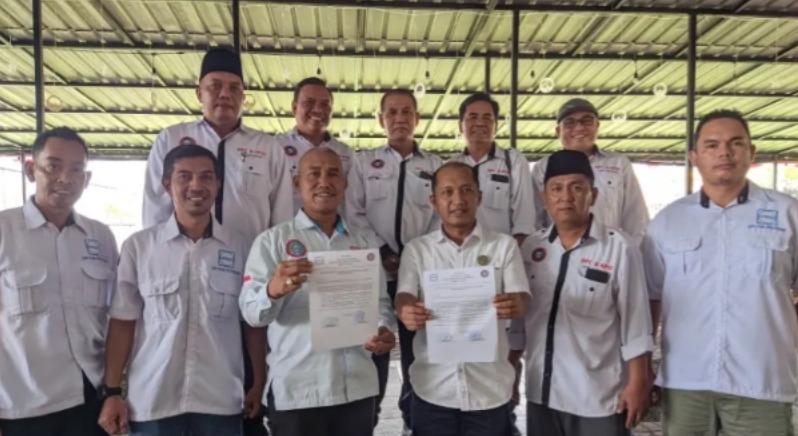Rubber Prices Plummet, APINDO South Kalimantan Urges Local Government Intervention
Thursday, 24 April 2025
BANJARMASIN – Rubber prices in South Kalimantan (Kalsel) have dropped significantly. After enjoying prices of IDR 12,000 to IDR 12,500 per kilogram, farmers in the Meratus highlands are now facing prices between IDR 7,000 and IDR 8,000. In the lowland areas, prices have plunged further, ranging from IDR 5,000 to IDR 6,000 per kilogram.
As a result of the decline, farmers’ enthusiasm for tapping rubber has waned. Some have even shifted to planting vegetables and chilies.
Hasan Yuniar, Executive Secretary of the Indonesian Rubber Association (Gapkindo) South Kalimantan, explained that export rubber prices depend on the exchange rate of the rupiah against the US dollar, which has moved from IDR 15,500 to IDR 16,800. This contributes to the price volatility.
“Factory purchase prices are currently around IDR 12,000 to IDR 13,000 per kilogram. The lower price range of IDR 5,000 to IDR 6,000 reflects one-day-old rubber,” he clarified on Wednesday (April 23).
Rubber prices also depend on quality, which is influenced by handling and storage. Rubber stored for one week can fetch IDR 9,000, two weeks IDR 12,000, and up to IDR 14,000 after a month.
“Dryness levels are critical. Rubber should not be soaked, as it reduces the price. It should also not be mixed with fertilizers,” he advised.
According to Hasan, most rubber from plantations in South Kalimantan is of good quality. Export demand remains strong, with shipments to 50 countries totaling 4,000 tons per month. “Export destinations include China, South Korea, Japan, India, and parts of Europe. None to the United States,” he added.
He emphasized that rubber plantations have long proven resilient to economic downturns and pose no environmental concerns.
Chairman of the Indonesian Employers’ Association (APINDO) South Kalimantan, Winardi Sethiono, stated on Wednesday that the province has long been renowned for its rubber. “Rubber is a globally essential commodity. Price fluctuations are inevitable—it rises briefly, then falls, but the decline usually doesn’t last long either,” he noted.
Due to the unstable prices, many farmers have sold their land to palm oil companies. “We can look at rubber plantations in southern Thailand. Thanks to government involvement, plantations there have flourished,” he said.
In that model, the land is owned by the community while the government handles planting, and the yield is shared based on agreed terms.
“As long as the South Kalimantan government is willing to step in, I believe rubber plantations can survive and continue to produce well, including through better fertilizer access and curbing land conversion,” he asserted.
Economic observer Hidayatullah Muttaqin from Lambung Mangkurat University (ULM) viewed this situation as a clear signal for the need for crop diversification among farmers. He also linked the price slump to geopolitical tensions and the US–China trade war.
According to him, rubber prices are experiencing a long-term downward trend and have not returned to their 2011 peak levels.
“Relying solely on rubber as a primary source of income is highly risky. Farmers should consider diversifying into food crops that have more stable prices and suit the characteristics of their land,” he concluded.
Source: banjarmasin.tribunnews.com









